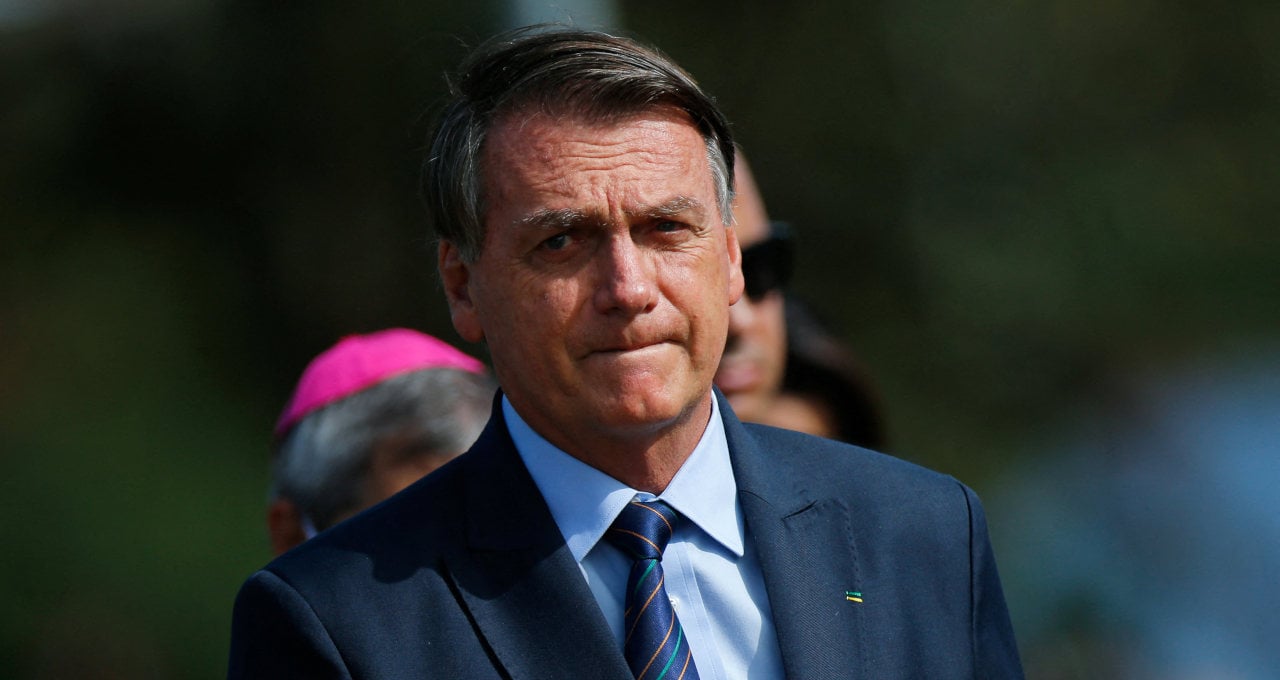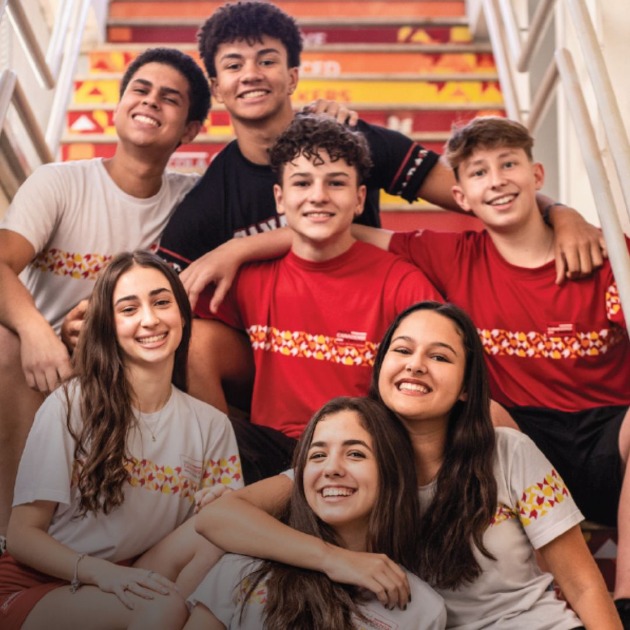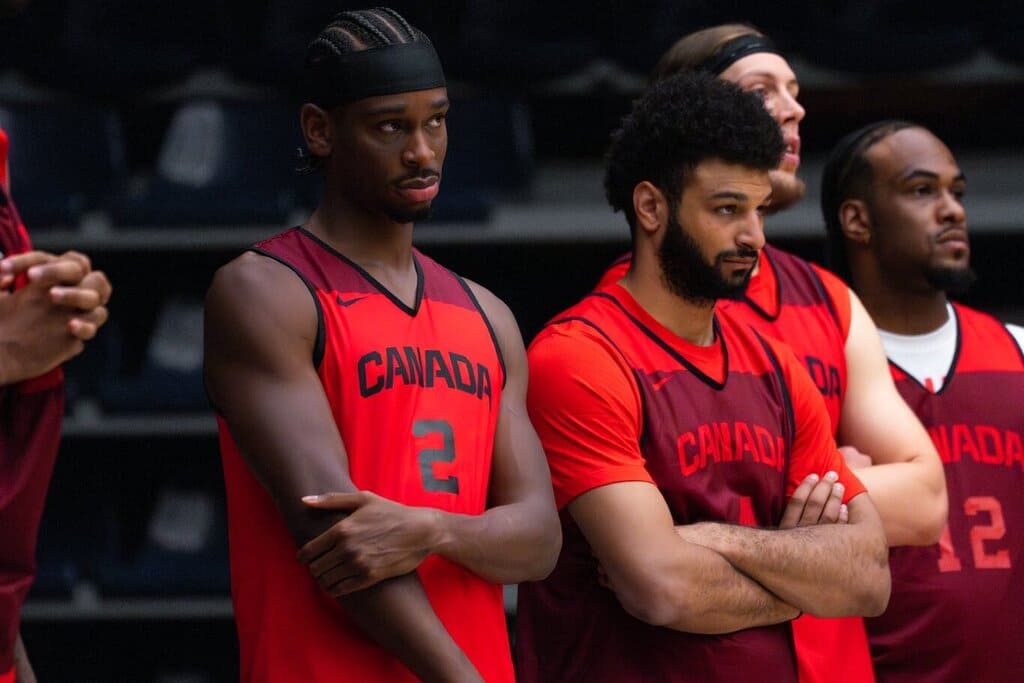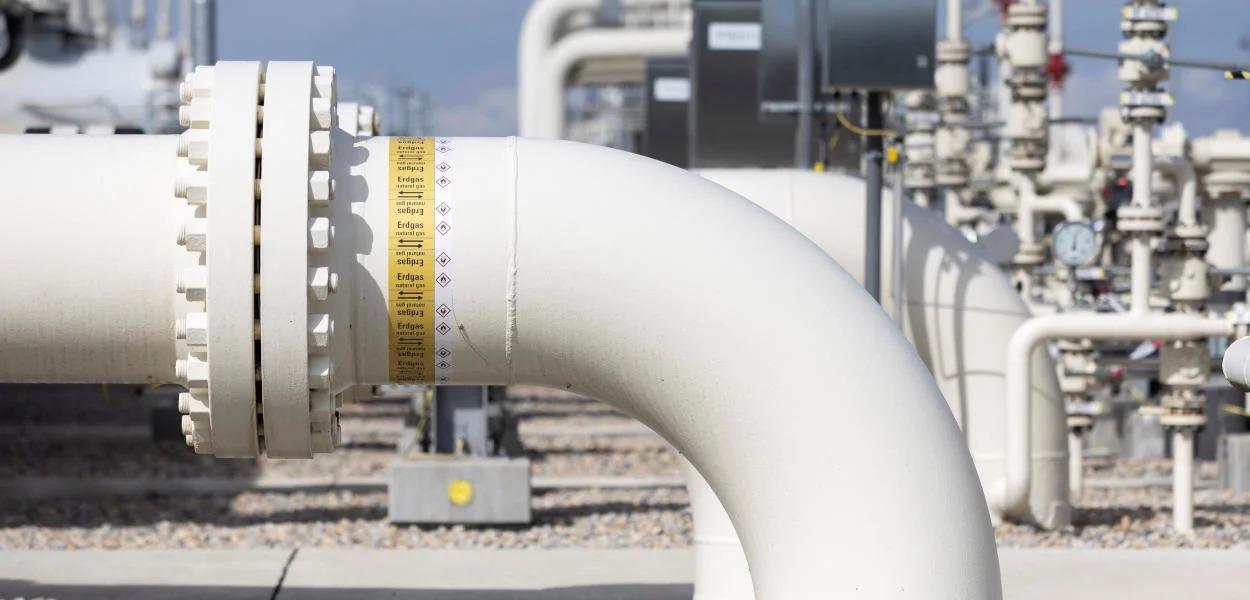The Canadian company criticized by the president Jair Bolsonaro this Wednesday 2, with reference to the exploration plans of potassium to Brazilconcentrates no less than 149 active applications for mining exploration in several municipalities of the For It’s from Amazon.
Data from the National Mining Agency (ANM) point out that Potássio do Brasil, controlled by the Canadian investment bank Forbes & Manhattan, is awaiting the conclusion of the environmental process of dozens of projects to actually start exploration in the country.
In the 2016 video Bolsonaro posted on social media when he was a federal deputy, the president criticized the fact that mineral rights in the region “are in the hands of a Canadian company” and said that these explorations would have been “arranged via Petrobras (PETR4), God knows how. Bolsonaro does not give details of his statements. “In other words, we can’t mine our own potassium,” he concludes.
In the recording, Bolsonaro criticizes the dependence on the contribution of the agribusiness which is imported from Russia and that Brazil should look for its local production, but that the role of Canadians is one of the “problems” to be solved.
The fact is, with Bolsonaro already in the presidency, the company has not only continued older processes, but has also submitted eight new exploration applications since January 2019, targeting exploration areas in municipalities such as Autazes. , Itacoatiara and São Sebastião do Uatumã. , in the Amazon.
The Canadian investment bank Forbes & Manhattan is also behind the Belo Sun mining project, which aims to implement an industrial gold exploration project in Pará, in the Belo Monte hydroelectric region. In recent years, as revealed by Stadiumthe company irregularly acquired a series of lands for agrarian reform in the region, to make way for its exploitation.
In February, a report by Agência Pública found that, despite Bolsonaro’s past criticism of Canadian operations in the region, his government acted directly in mining processes with Forbes & Manhattan bank to expedite the release of projects. Support included members linked to Armed forces to the executive and reached the post of Vice-President of the Republic and Reserve General of the Army Hamilton Mouraowho held meetings at Brasilia to solve the problem.
The report asked Potássio do Brasil about the status of its projects in the country, but there was no position until this article was published. Today, the projects are still awaiting the conclusion of the environmental authorization process to be carried out. Despite all the involvement of federal government with the theme, environmental clearances do not go through IBAMAbut that the licenses be issued by a state agency.
There is, however, great controversy in areas that may have an indirect impact on indigenous lands. The company is currently conducting public consultations as part of the licensing process.
Potássio do Brasil is based in Autazes, 120 kilometers from Manaus, where the mineral deposit identified by the company is located. In June last year, the company informed that it had “taken a very important and firm step” in the process of granting environmental licenses for another company, the “Itapiranga Potassium Project”.
The application for obtaining a preliminary license for the project has been filed with the Instituto de Proteção Ambiental do Amazonas (Ipaam), for the production of potassium fertilizers in the municipality 226 km from Manaus. It is planned to produce about 2 million tons of potassium fertilizer per year.
By 2020, the company says more than US$190 million has been invested in the discovery and development of its projects in Brazil and another $2 billion will be invested by the end of construction of its operations. .
Brazil purchases about 85% of the volume of fertilizer applied annually to crops from abroad. Russia is one of the main exporters of inputs to Brazil and in January it accounted for 30.1% of the fertilizers entering the national territory, according to information from the Ministry of Economy.
In the 12 months of last year, the Russians were responsible for 23.3% of all fertilizers that entered Brazil.
Brazil’s trade relations with Russia are mainly focused on the purchase of fertilizers. Of the $5.7 billion in Brazilian imports from Russia in 2021, $3.5 billion – or 62% of the total – are related to the purchase of inputs used in agribusiness.
This result from last year was 97% higher than that recorded in 2020, when Brazil spent US$1.75 billion on imports of these products.

“Pop culture fan. Coffee expert. Bacon nerd. Infuriatingly humble communicator. Friendly gamer.”







